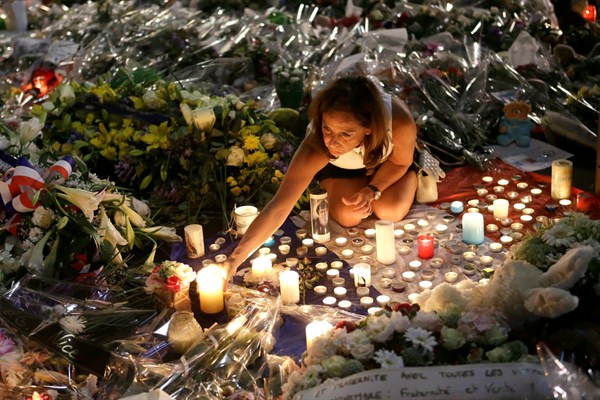Buoyed by his party’s resounding success in last weekend’s parliamentary elections, France’s new president, Emmanuel Macron, is off to a strong start. While some were skeptical of his youth and inexperience—not to mention his brief participation in the unpopular government of his predecessor, Francois Hollande—Macron’s party, La Republique En Marche, is poised to become a dominant force in French politics. As one of its candidates told the Financial Times, “I’m again proud to be French.”
That enthusiasm is no surprise: The French were tired of Hollande, who left office with dismal approval ratings and 10 percent national unemployment—a rate that is nearly double among youth. But once the fanfare fades, Macron will have to deliver on his campaign promises. While these focused on the economy, France’s recent experience with terrorist attacks meant security was also a central issue in the campaign.
Terrorism killed over 200 people in France in 2015 and 2016. As a series of similar attacks has struck the U.K. next door, Macron has wasted little time trying to prepare France’s security apparatus, which has been under close scrutiny at home and abroad, for the possibility of future violence.

